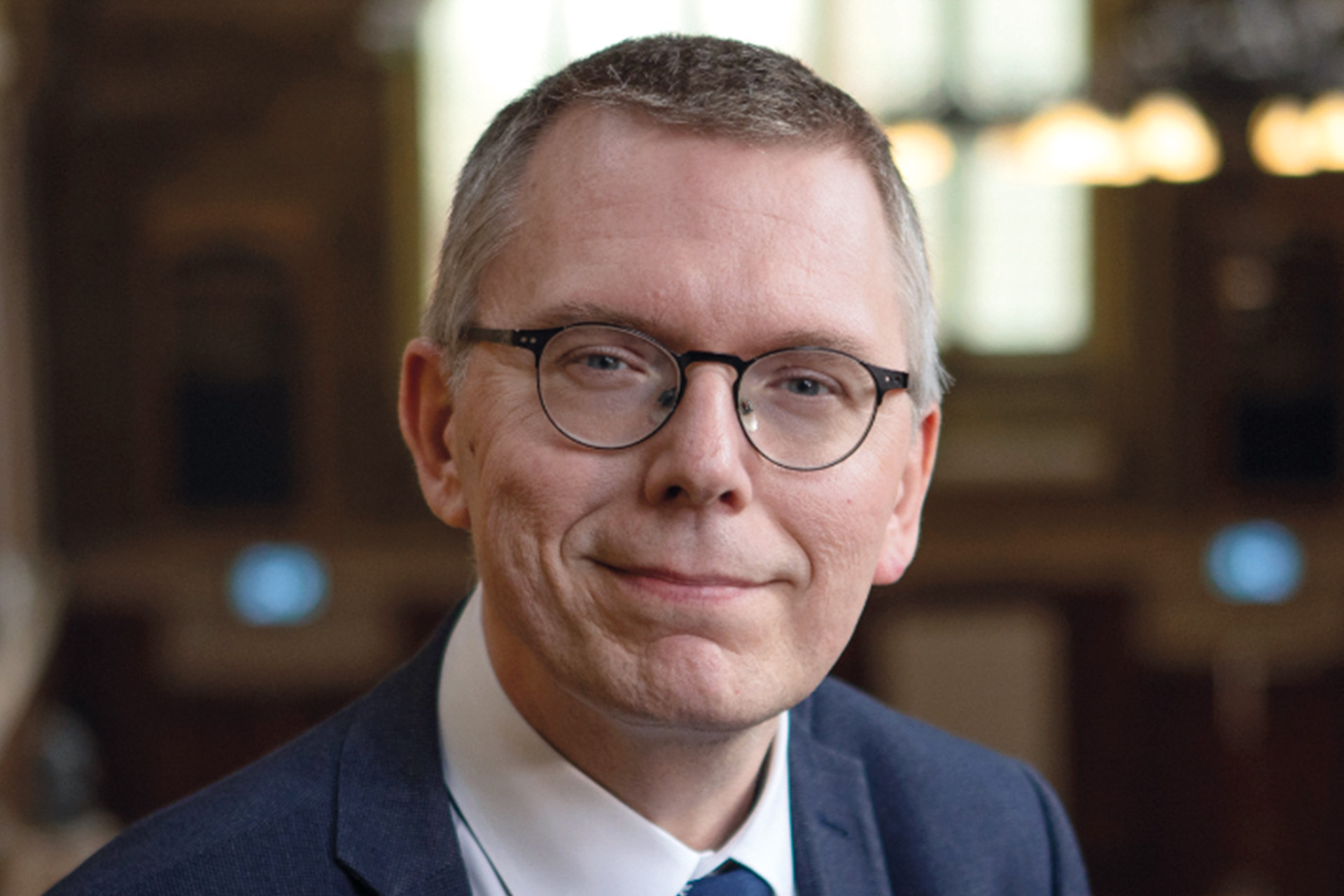Leading With The Heart
By
7 months ago
David Goodhew, managing director of the Dukes Foundation, explains why now is the perfect time to expand bursary provision

As a classicist, it would be remiss of me not to reflect on the Greek roots of the word ‘philanthropy’: Liddell and Scott’s lexicon defines φιλανθρωπία as ‘humanity, benevolence, kindliness’. This is in harmony with one of our core Dukes values, namely that we lead with heart.
The Dukes Foundation is committed to supporting young people’s education, healthcare, mental health and wellbeing, as well as sustainability and the planet. To date, the Foundation has put those words into action by supporting – among others – a new Children’s Cancer Centre at Great Ormond Street Hospital, the British Asian Trust’s School Mental Health Project, Place2Be, London Youth and Poetry Together.
However, as Dukes approaches its 10th anniversary, I am especially inspired by our ambitious plans to become the leading provider of transformational bursaries in the UK. There are so many reasons why this is the right thing to do at the right time. Work by the Sutton Trust and the Education Policy Institute had already highlighted an attainment gap of approximately 18 months to two years between pupils from wealthy backgrounds and those from poor backgrounds; sadly this gap has worsened as a result of the pandemic. Yet research by the OECD shows that, when disadvantaged pupils have the chance to attend advantaged schools, the effect size is equivalent to two-and-a-half years of schooling.
Another lesson from the pandemic is that, while instruction can be delivered remotely or online, education is a profoundly social experience. This is supported by the work of Professor Sarah-Jayne Blakemore, who has shown that there are evolutionary and neurobiological reasons why teenagers are hard-wired to pay as much (if not more!) attention to their peers as the adults in their life. If education is about learning life lessons in the company of your peers, then who your peers are is as important as who your teachers are.
Much work has been done on the benefits of diversity of thought (e.g. Matthew Syed’s Rebel Ideas). A socio-economically diverse peer group, powered by bursaries, avoids the risk of children growing up in the monoculture of a ‘privileged bubble’ and equips them to collaborate with peers from all walks of life – a vital skill for success in the wider world of the 21st century. In short, it’s not just the recipients of bursaries who benefit from being in schools that offer them – everyone benefits from being part of a deeper and wider talent pool.
This is also the case for colleagues: those who choose to work in education, whether as teachers or support staff, frequently have a strong social conscience and are attracted by the opportunity to work for an organisation that lives their values. This is especially true for the current cohort of Gen-Z employees. The work of the Foundation, including what could become a sector-leading bursary programme, will allow Dukes to recruit and retain more of the most able and conscientious professionals in the education space.
The mission and purpose of Dukes is to ‘empower our children to live an extraordinary life’. If we can find a way to widen access for as many children as possible, not only those who can afford the fees, we will be able to make a positive difference to social mobility in this country.
The UK has one of the lowest rates of social mobility in the developed world, which is not only a colossal waste of untapped potential but is also a brake on our economy and culture.
This is an issue I care deeply about, myself. The son of a postman and a cleaner, I grew up in the tower block opposite Grenfell; I went to my local primary school and state secondary school. I was the first member of my family to do A-levels or go to university. I know that the education I received, especially at Oxford, changed my life and I know that Dukes can do the same for hundreds of children like me every year. Watch this space.



